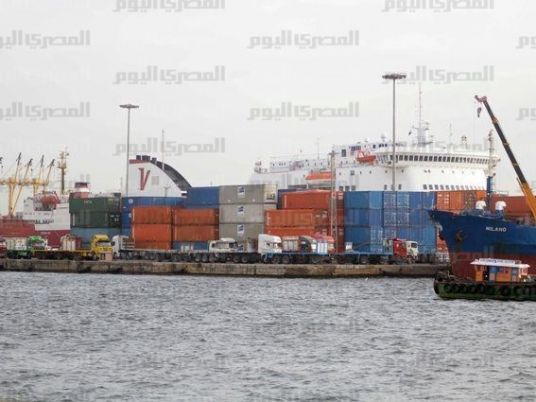
Exporters criticized the government for reducing subsidies of exports in the 2014-2015 budget to LE2.6 billion from LE3.1 billion the year before, saying this is a blow to exports.
They also said the reduction is a contradiction to calls by the government to increase domestic production and open new markets in light of a fierce global competition that pushed many countries to support exports by all means available.
They also said exports can reduce the budget deficit with increased flows of foreign currency and can improve the economy by creating new jobs .
Ali Eissa, chairman of the Export Coordination Council, said this was a “short-sighted” decision, explaining that there is a big difference between consumer subsidies that have no return on the economy and productive subsidies. “Every pound paid in export subsidies brings 10 to 15 pounds in return,” he said.
“Subsidizing consumer products came in response to demands of the street but it is against public interest,” he added.
Walid Hilal, chairman of the Chemicals and Fertilizers Export Council, suggested a maximum for subsidies or for the years benefiting from them rather than reducing their amount.
“Perhaps the government should encourage endangered handicraft industries,” he said. “They bring hard currency and create new jobs.”
Magdy Tolba, chairman of the Textile Export Council, wondered how the government reduced subsidies on exports when it set conditions for exporters, such as using renewable energy and appointing additional labor. “Shouldn’t they have increased the subsidies instead,” he said.
Edited translation from Al-Masry Al-Youm




